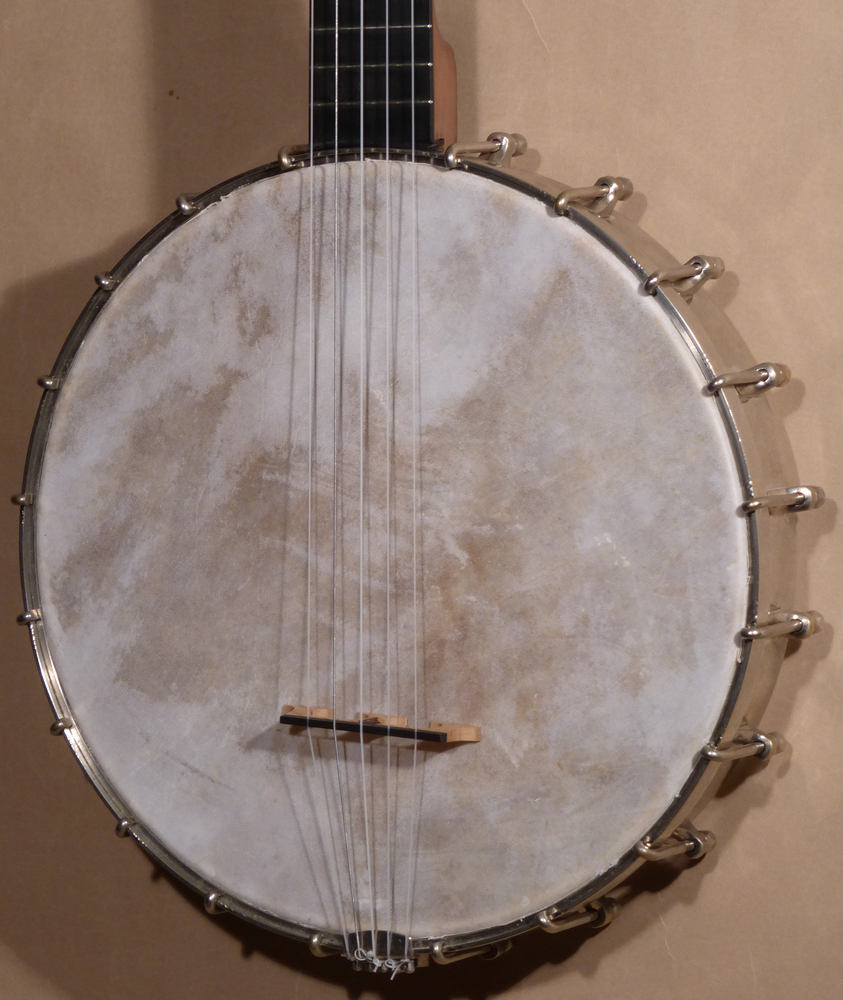You could be forgiven as a person of color to assume that Country Music is white people music. This is the general assumption because the sector is heavily dominated by whites.
Make no mistake about it; Country music has an African imprint.
Its popularized roots originated in the Southern United States of the early 1800s. So much so that Country music was “introduced to the world as a Southern phenomenon,” but like all other things in the south, built primarily on enslaved labor, people of African stock rocked the sounds that will be branded country music.
In her 2018 TED Talk, ‘The True Origins of Country Music’, Queen Esther makes the case that American roots music – bluegrass, country and Americana specifically – originate from blues music and West African music traditions.
The vocalist and historian asserted that Country music is rooted in Black culture, but as with many things, it has been whitewashed and its economic gains being reaped by others who control the system.
“It took 400 years of the Middle Passage, work songs, field hollers, shouts, chants, arhoolies, spirituals, bloodshed and sorrow to create blues music. There is no question that this genre – with African musical traditions like call and response and the bluing of a note at its essence – is the DNA of American music. Without blues, there would be no rock and roll or any of its derivatives, like punk; and there would definitely be no country or bluegrass,” the African-American vocalist and songwriter who plays country, jazz and Black Americana music noted.

The banjo, a key instrument in Country music originated from Africa. It was also called bangie, banjer, banjar and banza created in the early 17th century by African captives and brought to America through the West Indies.
Former American president who owned over 600 slaves knew better.
“Thomas Jefferson was the first to mention the banjo in a footnote to his Notes on the State of Virginia, published in 1785: “The instrument proper to them [African captives] is the Banjar, which they brought hither from Africa…” It is nearly identical to the akonting of Senegal and Gambia, and played with the exact same downstroke technique. Up until the early 1840s, African captives were the only ones who played banjos.”
The white man who popularized the banjo, Joel Sweeney, a white blackface minstrel performer learned how to play it from slaves on a Virginia plantation. He will go to become the earliest documented white banjo player who standardized its construction, created a lesson book and sold it.
Once phonographs came along in the early 20th century, sound was also segregated creating categories along racial lines to market and sell music.
During the Great Migration North, many Black folks left the banjo, country music and so many other African traditions in the South for a new life elsewhere. Yet the influence of Blacks in country and bluegrass couldn’t be denied.
The Carter family owes nearly every musical feat to musician Lesley Riddle who transcribed Negro spirituals for them, adding guitar lessons, establishing the bedrock of country music.
Hank Williams has Tee Tot Payne, a guitarist and street performer from Louisiana to thank for knowledge of the passing chords music writing.
Then there is Bill Monroe, the father of bluegrass who has fiddler and guitarist Arnold Shultz to thank as he gave him his first gig, introduced him to the blues and taught him a Kentucky “thumb style” guitar technique that would make musician Chet Atkins famous.
What! Did you say if Blacks forged this music why haven’t you heard of any?
Well, despite the media’s skewed reportage and exposure, Black Country singers are around. You could check out Amythyst Kiah, Charley Pride, Linda Martell and Ray Charles. Ray Charles had operated in the Country music scene since the beginning. Then there’s rapper Lil Nas X’s hip hop country song “Old Town Road”. Despite its global success, the country music industry and fan base shunned Lil Nas X for a good period.
Black Country singer and harmonica player DeFord Bailey was the first artiste featured on the debut of the hit country music radio-turned-TV show “Grand Ole Opry” way back in 1927. (Bailey and Pride are the only two black musicians inducted into the Country Music Hall of Fame.) Even the sound of country (and bluegrass) music — from the banjo to the fiddle — is influenced by our African roots and American adaptations. Need we say more?










